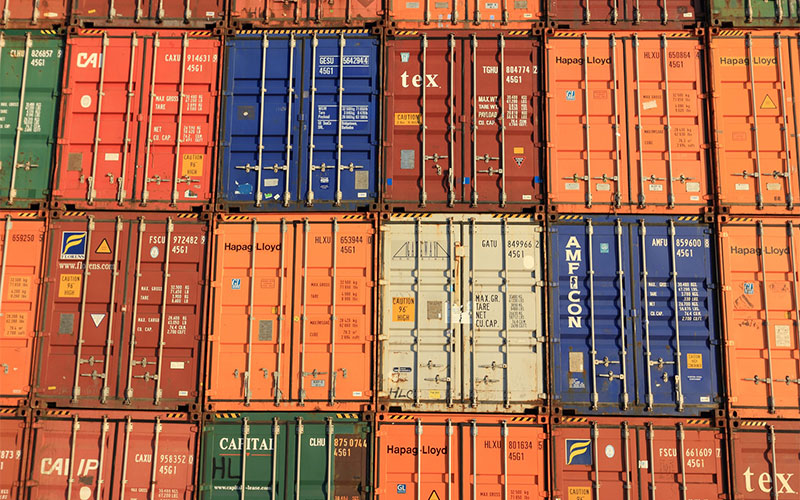Fellowship with House of Commons International Trade Select Committee
Posted on Thursday 5 March 2020

The House of Commons International Trade Select Committee (ITC) was established in 2016, following the Brexit referendum. The then prime minister Theresa May decided to split the UK’s independent trade policy between two new departments: the Department for Exiting the European Union (DExEU), which would be responsible for negotiating the future relationship with the EU, and the Department for International Trade (DIT), which would be responsible for trade negotiations with the rest of the world.
Prior to applying for a POST fellowship, I had no real expertise in UK politics, let alone the workings of Parliament or the select committee system. In fact, to the extent to which I studied the UK trade policy at all, it was only through studying the EU. Following the referendum, however, and even more so Theresa May’s decision to rule out membership of the EU Customs Union, it became immediately obvious that I would need to ‘re-skill’ in order to get to grips with this new reality.
When I saw the POST-ITC fellowship advertised, I therefore saw it as an opportunity to improve my knowledge of the UK policy-making process and parliamentary procedures. But, perhaps more selfishly, I also saw it as an opportunity to observe at close quarters a unique political experiment - if you created a new policy regime from scratch what would it look like and how would the inevitable political conflicts and economic trade offs be managed?
In essence, the select committee system is designed to oversee and scrutinise the work of the corresponding ministerial department. The ITC chair is Angus NcNeil (SNP) with the rest of its membership reflecting the political balance of the House of Commons (five Conservative MPs, four labour, one DUP). The bulk of the work, however, is done by the committee’s six or so civil servants, whose job it is to organise the meetings, identify witnesses, prepare oral and written briefs for the members and draft committee reports.
Since I joined the team in March 2020, my role has been to work with the committee staff, especially the two policy specialists, in devising what is known as the ‘future programme’ of public evidence sessions, private briefings with ministers and trade officials, and committee reports. For each public session, we are required to prepare a ‘brief’ for the members - essentially a list of questions with background notes and statistics for the MPs to have to hand when they direct the questions to expert witnesses.
When I first joined the team, I was struck by two main things. First, the rhythm of the working week is really intense. You effectively have five days to prepare and circulate a written brief amounting to some 40 pages of research, before you move onto a new topic and the cycle repeats itself. I have been super impressed by just how hard working and knowledgeable the committee staff are, but whose work is not always appreciated by the MPs.
The other thing that has struck me is just how difficult it is for an academic to acclimatise to the need for political impartiality at all times. You have to be so careful both in what you say and how you say it, especially when talking directly to MPs. When writing technical briefing notes you have to forget all you have been taught about logical inference and instead pander to the political sensitivities and prejudices of the MPs. Even when presenting relatively uncontroversial claims or data, you have to always ensure that you are ‘reporting’ from an independent source and that you are not doing anything that can be construed as ‘political’ - not an easy task when dealing with the nightmare of Brexit!
Overall, I have found the first year of my fellowship hugely enjoyable. My personal highlights include feeding questions to the committee chair in real time via WhatsApp when he was grilling the Trade Secretary Liz Truss in a private session on the proposed UK-US free trade deal. I was also heavily involved in the scrutiny of the UK-Japan free trade deal.. The committee was given privileged access to the legal text of the treaty 10 days before it was published, which provided the basis for our report of the deal.
For more information on the International Trade Select Committee click here.
To learn more about Professor Heron’s work click here.
